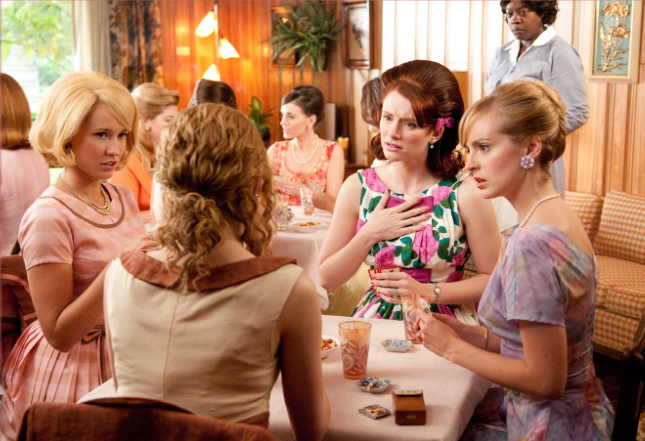*Editor’s Note: Elephant Journal articles represent the personal views of the authors, and can not possibly reflect Elephant Journal as a whole. Disagree with an Op-Ed or opinion? We’re happy to share your experience here.
~
‘Tis the season for resolution-making.
That time each December when—in between gift-wrapping, competing for parking spaces at the mall, and stuffing our faces—we begin to consider the ways in which we might better ourselves in the coming year.
I don’t know about you, but some of the frequent flyers on my resolution list include losing a few pounds, eating healthier foods, exercising more, and complaining less. For others, the list might include getting off Facebook, practicing self-compassion, or sticking to a budget. Regardless of the items on your list, one common denominator seems to be how quickly we give up on our resolutions—which of course guarantees those items’ repeat appearance on next year’s list.
And so it goes.
This year, why not try something revolutionary (or should I say “resolutionary”)?
This year, instead of resolving to lose a few pounds or organize the attic, choose to better yourself in a way that doesn’t cost any money, has built-in accountability, and cannot be undone by a slice of cheesecake or an Amazon shopping binge. This year, in the dark shadow of rampantly narcissistic leaders and a disheartening “America First” ideology, embrace a resolution that is counter-cultural in its commitment to something far greater than self.
White women love a book club.
My favorite, back in graduate school, eventually caved to the reality of the situation (i.e. we rarely got around to discussing the assigned book) and renamed our gatherings, simply, “Club.” We drank wine, traded life stories, and laughed our asses off at regular monthly intervals. It was glorious.
This club—the one I’m suggesting for your New Year’s resolution—would be a little different. Based on Dr. Kathy Obear’s book But I’m Not Racist! Tools for Well-Meaning Whites, which is available for free, this group would provide structure and support as you and your favorite ally-wannabes deepen both your capacity for and competencies related to racial justice work.
Don’t worry though.
You can still share life experiences—especially those relevant to your own white fragility (like the many times I swore to myself that I was “done” with this work because no matter what I did or said it pissed someone off). Especially those related to implicit bias, like the time a murderer remained at-large in my suburban neighborhood and I noticed my surprise—once he’d been caught and his picture appeared on the evening news—that the assailant turned out to be white.
You can still laugh your asses off—especially when trading tales of misguided attempts at appearing “woke.” I shudder, now, to think of all the imperious virtue-signaling I’ve indulged in: name-dropping books by African American authors, mentioning movies I’ve seen on the topic of slavery, or racism, or discrimination, and taking care to point out that although I grew up in the south I’m not like those other southerners. Without a doubt, I’ve made a complete fool of myself many times over.
You can still drink wine because…well, wine is awesome. Also, in vino veritas. This work requires truth-telling.
As someone who’d always considered herself a “good white” and an ally to people of color, 2019 was the year I realized that I had an awful lot to learn. As it turned out, my intelligence, education, and good intentions had very little to do with the lived experiences of people of color, and mattered not a whit. The extent of my white fragility—once exposed—was startling. And although it is not the responsibility of my colleagues of color to educate me (and doing so absolutely costs them time and energy they could otherwise put into their own professional and personal development), I am grateful beyond words for their perspective, patience, forgiveness, and honest feedback as I continue to stumble through the quagmire.
I’m trying to pay it forward.
Forward this article to a few friends you believe would be open to engaging in this important, complicated, life-changing work. Invite them to join you. Challenge them if they decline—you thought of them for a reason; don’t give up at the first hint of ambivalence! Kathy Obear’s book comes with a thought-provoking question and reflection guide that easily lends itself to seven or eight gatherings. Suggest a January start date, work out the details, and start reading.
What have you got to lose, other than your illusions?
And if shedding a few pounds made it back onto your resolution list this year, you can bring the veggie tray.
~












Read 6 comments and reply